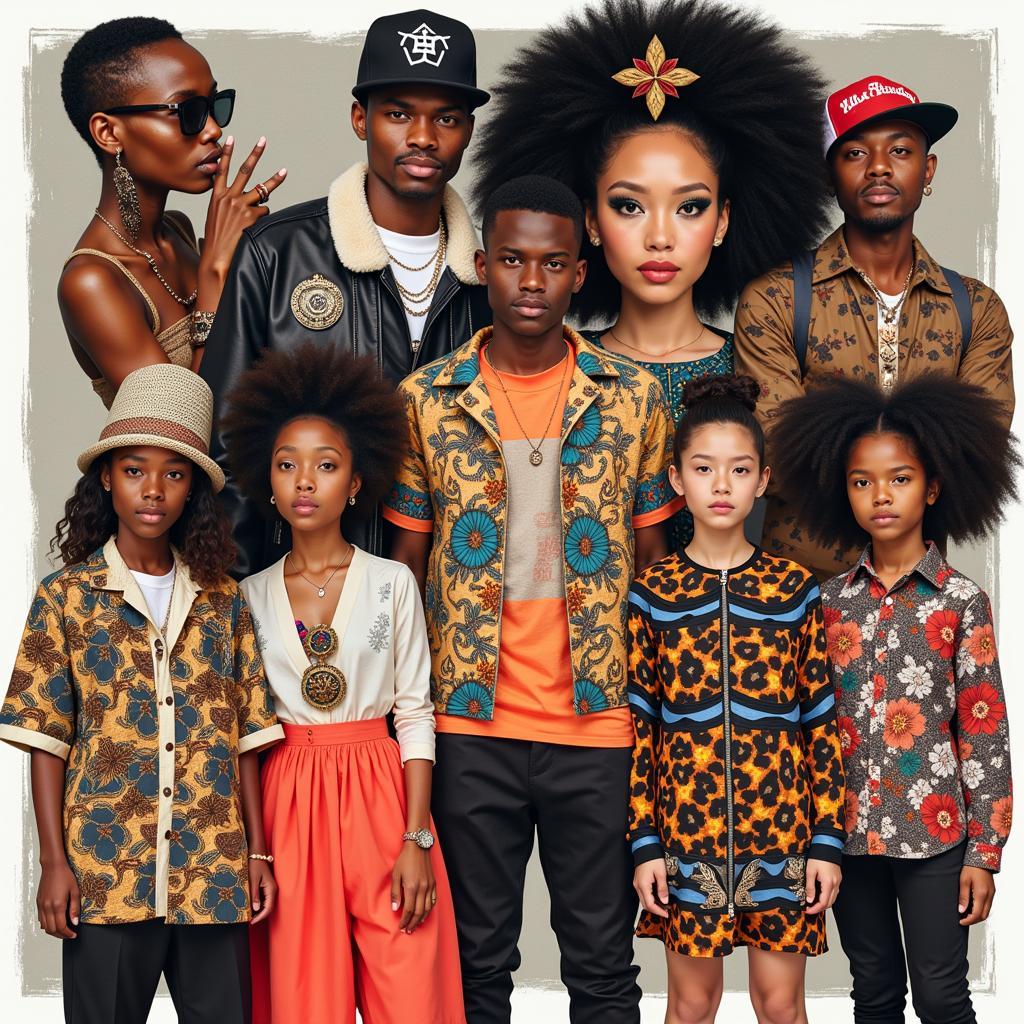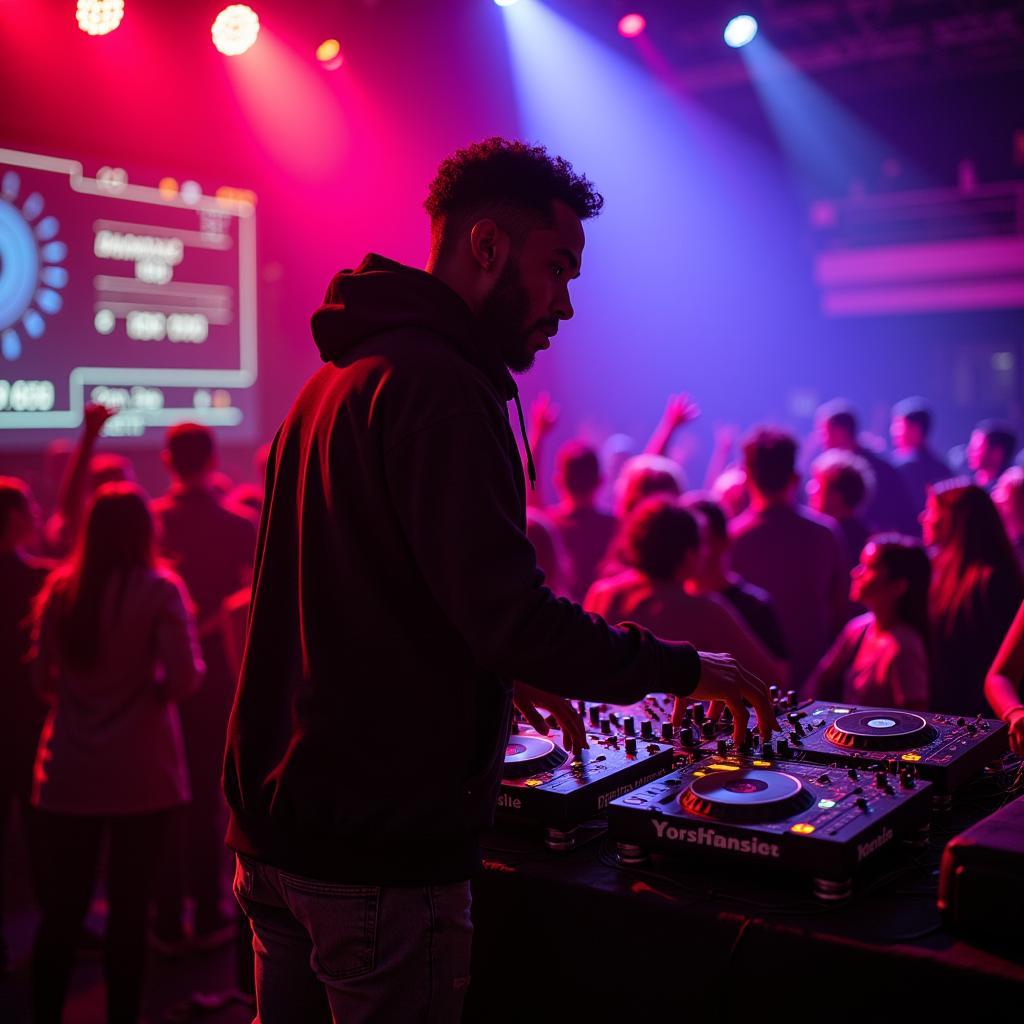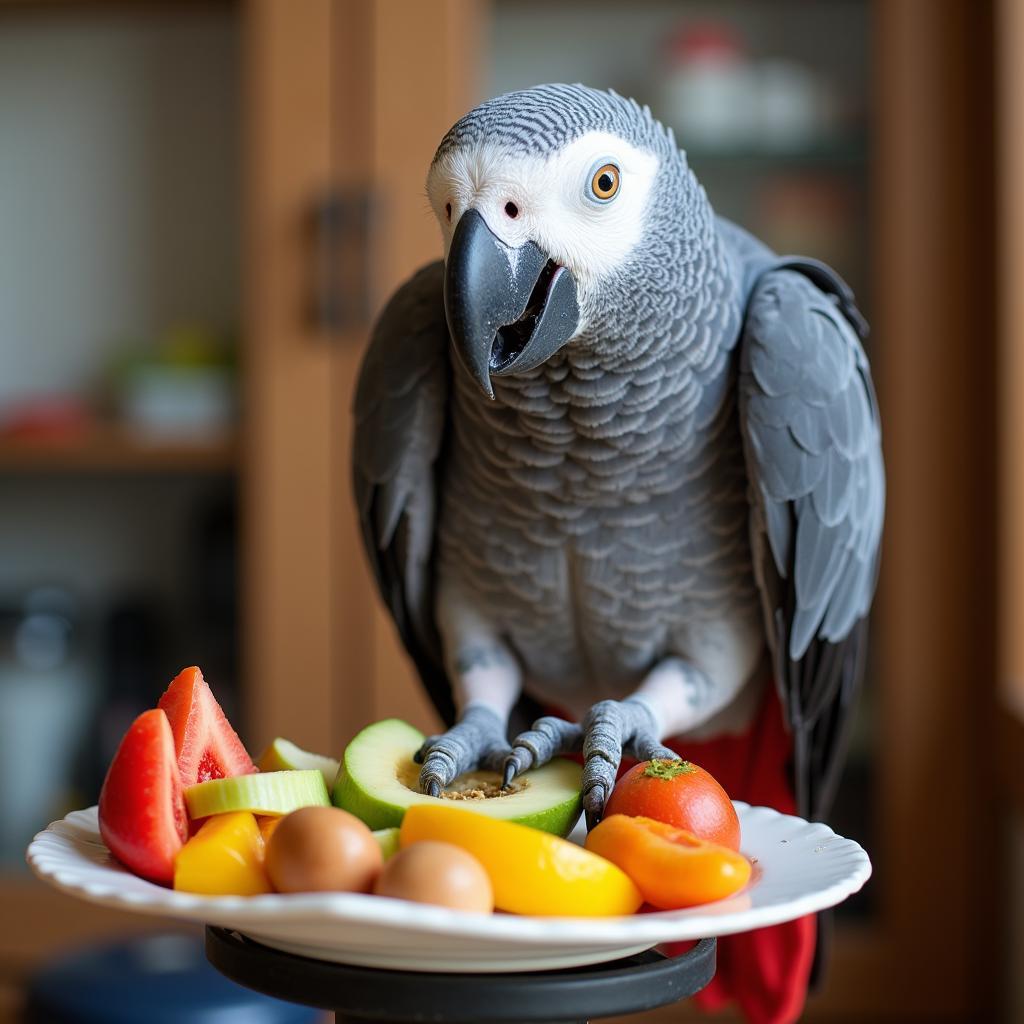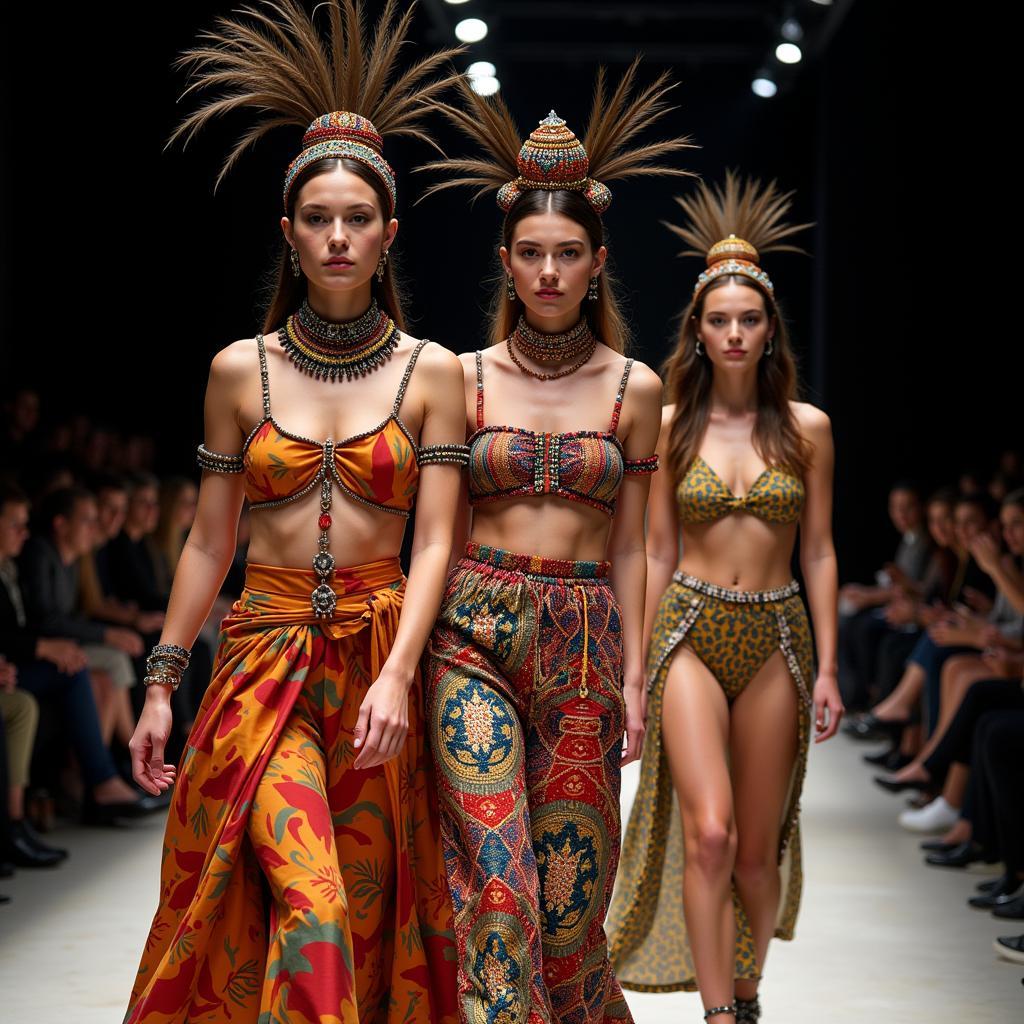African Goddesses and Gender Dynamics
African goddesses and gender dynamics are fascinating subjects that offer a glimpse into the rich tapestry of African cultures. The diverse roles and representations of female deities challenge Westernized notions of femininity and power, providing invaluable insights into pre-colonial African societies. This article explores the complex relationship between African goddesses and gender dynamics, revealing how these powerful figures shaped social structures, influenced beliefs, and continue to resonate in contemporary African Life.
The study of African goddesses provides a crucial lens through which to understand gender dynamics within various African communities. These goddesses embody a wide spectrum of feminine attributes, from nurturing and fertility to wisdom, justice, and even warfare. By examining their diverse roles, we can gain a deeper understanding of the complexities of gender roles and expectations in different African societies, past and present. For example, the Yoruba goddess Osun, known for her association with beauty, love, and fertility, also possesses a fierce protective nature, challenging the simplistic dichotomy between gentleness and strength. This multifaceted portrayal reflects the nuanced understanding of femininity within Yoruba culture. Furthermore, analyzing the myths and rituals surrounding these goddesses can reveal much about the social and political power women held, the challenges they faced, and the ways in which they navigated societal expectations. You can learn more about Osun’s influence on gender roles in african goddess osun and gender dynamics.
The Diversity of African Goddesses: Challenging Western Perceptions
Contrary to popular Western portrayals, African goddesses are not monolithic. They represent a wide range of attributes and powers, defying easy categorization. This diversity challenges Westernized, often patriarchal, interpretations of female deities, offering a more nuanced and empowering view of femininity. From the powerful warrior goddess Mawu of the Dahomey people to the wise and compassionate Ala, the Igbo earth goddess, each deity embodies unique qualities that reflect the specific cultural values and beliefs of her people. Their stories offer a compelling counter-narrative to the often-limited representations of women in Western mythology.
Goddesses and Social Structures: Power and Influence
African goddesses played a significant role in shaping social structures and influencing societal norms. Their presence in myths and rituals reflects the importance of women in many African societies, both in spiritual and secular realms. The reverence afforded to goddesses like Isis in ancient Egypt, for example, demonstrates the influence women could wield in positions of authority. In some cultures, goddesses served as intermediaries between the human and spiritual worlds, providing guidance and protection to their communities. This spiritual authority often translated into social and political power, allowing women to play active roles in decision-making and leadership.
The Role of Ritual and Storytelling: Preserving Cultural Heritage
Rituals and storytelling play a vital role in preserving the legacies of African goddesses and transmitting cultural knowledge across generations. Oral traditions, songs, and dances often depict the exploits of these goddesses, reinforcing their importance in the community’s collective memory. These narratives not only entertain but also educate, passing down moral values, historical events, and cultural beliefs. For instance, the annual Osun-Osogbo festival in Nigeria celebrates the goddess Osun and her connection to the Osun River, reinforcing her importance as a source of life and fertility. Exploring various research topics in African folklore can offer even more insights into the preservation of these cultural narratives. If you’re interested in researching further, you might find some interesting african folklore research paper topics.
African Goddesses in the Modern World: Continued Relevance
Despite the impact of colonialism and the spread of other religions, African goddesses continue to hold significance in the lives of many people across the continent. Their stories and symbolism are often reinterpreted and adapted to contemporary contexts, reflecting the ongoing evolution of African cultures. From inspiring artistic expressions to informing social activism, these powerful figures remain relevant in the 21st century. They offer a source of empowerment and cultural pride, connecting individuals to their ancestral heritage. You can delve deeper into the complex dynamics of power and representation in certain African contexts by exploring resources like african femdom.
Conclusion: Embracing the Complexity
African goddesses and gender dynamics are multifaceted subjects that require careful consideration and understanding. By exploring the diverse roles and representations of these powerful figures, we can gain a deeper appreciation for the richness and complexity of African cultures. Their stories continue to resonate today, offering valuable insights into the past and inspiring new interpretations for the future. Further research and open dialogue are crucial to fully appreciating the profound impact of African goddesses on gender dynamics and cultural heritage. There are various resources available online that explore this topic in more detail, some of which may touch on sensitive themes. An example of such a resource can be found at african femdom goddess fucjs white slave.
FAQ
-
What is the significance of African goddesses?
African goddesses represent diverse aspects of femininity and played significant roles in social structures, beliefs, and cultural practices. -
How do African goddesses challenge Western perceptions of gender?
They offer more nuanced and empowered views of femininity than often found in Western mythology, highlighting diverse roles beyond traditional stereotypes. -
How are the stories of African goddesses preserved?
Oral traditions, rituals, songs, and dances play a crucial role in preserving their legacies and transmitting cultural knowledge. -
Are African goddesses still relevant today?
Yes, they continue to hold significance and are often reinterpreted and adapted in contemporary contexts, inspiring art and social activism. -
Why is it important to study African goddesses and gender dynamics?
It provides valuable insights into African cultures, challenges Westernized notions, and fosters a deeper understanding of gender roles and expectations. -
How can I learn more about specific African goddesses?
Research online, explore books and academic articles, and visit museums or cultural centers dedicated to African art and history. -
What are some key themes associated with African goddesses?
Fertility, motherhood, wisdom, justice, warfare, and healing are some common themes, although each goddess embodies unique attributes.
Need more help? Contact us 24/7: Phone: +255768904061, Email: [email protected] or visit us at Mbarali DC Mawindi, Kangaga, Tanzania.



